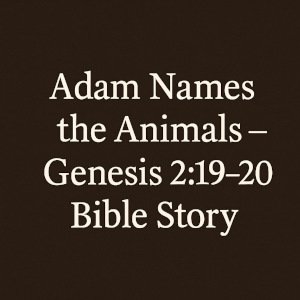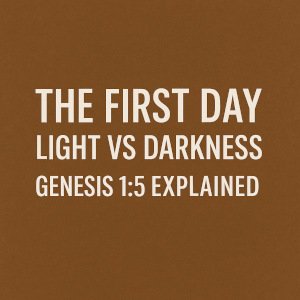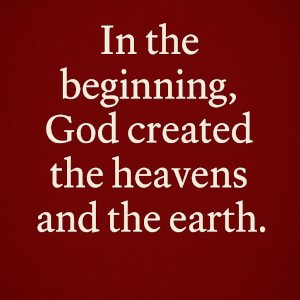Adam Names the Animals – Genesis 2:19-20 Bible Story.
In the second chapter of Genesis, a fascinating and often overlooked moment unfolds: Adam, the first human, is given a divine task—to name every living creature. Genesis 2:19–20 reads:
“Now the Lord God had formed out of the ground all the wild animals and all the birds in the sky. He brought them to the man to see what he would name them; and whatever the man called each living creature, that was its name.”
– Genesis 2:19 (NIV)
This short passage holds deep theological significance, rich symbolism, and practical spiritual wisdom that still speaks to us today.
Table of Contents
The Power of Naming
In biblical times, naming was not just about labels—it was about identity, purpose, and relationship. To name something was to exercise authority over it, to recognize its essence, and to participate in its story. When Adam named the animals, he wasn’t randomly calling out titles—he was taking part in God’s creative order.
This task wasn’t just intellectual; it was spiritual. It shows us that from the very beginning, humans were designed to be co-creators with God, stewards of the earth, and partners in shaping life.
Humanity’s Role in Creation
Adam’s naming of the creatures is more than a clever moment—it reveals our intended role in creation. God could have named the animals Himself. Instead, He invited Adam into the process. This shows a key biblical truth:
God involves humanity in His divine plans.
We’re not passive spectators—we are participants. This sets the tone for the biblical theme of stewardship. Adam was placed in the Garden not just to enjoy it, but to care for it, cultivate it, and contribute to its order.
Today, that same call remains. We are stewards of creation, responsible not only for the environment but for relationships, communities, and culture.
A Sacred Responsibility
Genesis 2:20 continues:
“So the man gave names to all the livestock, the birds in the sky and all the wild animals.”
Each name Adam gave reflected observation, intuition, and a sense of divine purpose. Whether it was a majestic eagle or a gentle deer, Adam recognized each creature’s uniqueness. This act reflects God’s own care and intentionality in creation.
It also reminds us to see the world through that same lens of wonder, responsibility, and reverence.
Spiritual Reflections for Today
This ancient story still speaks to modern hearts. Here’s how you can apply Genesis 2:19–20 to your daily life:
- Recognize your role in creation. You have a God-given purpose to influence, nurture, and shape your environment.
- Practice intentionality. Like Adam, observe the world closely. Slow down. Reflect. See the value in what God has made.
- Honor what you “name.” Whether it’s a relationship, a calling, or even your own identity—how you speak and label things matters.
Our words carry weight. What we name, we shape. What we bless, we build.
Why This Story Matters
Genesis 2:19–20 is more than a Sunday school moment—it’s a foundational truth about identity, purpose, and partnership with God. In a noisy world full of distractions, this passage calls us back to quiet responsibility, sacred creativity, and a deeper relationship with God and His creation.
The Holy Thread Project short, “Adam Names the Animals – Genesis 2:19-20,” captures this profound moment in a simple yet meaningful way. Whether you’re new to the Bible or a lifelong believer, this story is a powerful reminder: God invites us into His work.
Subscribe to HolyThreadProject on YouTube for more threads of faith woven into everyday life.

Final Thoughts
From the lion to the lamb, Adam’s act of naming was a moment of purpose and presence. May we walk in that same awareness today—naming, blessing, and shaping the world with God’s wisdom and love.
#Genesis21920 #BibleStory #HolyThreadProject

